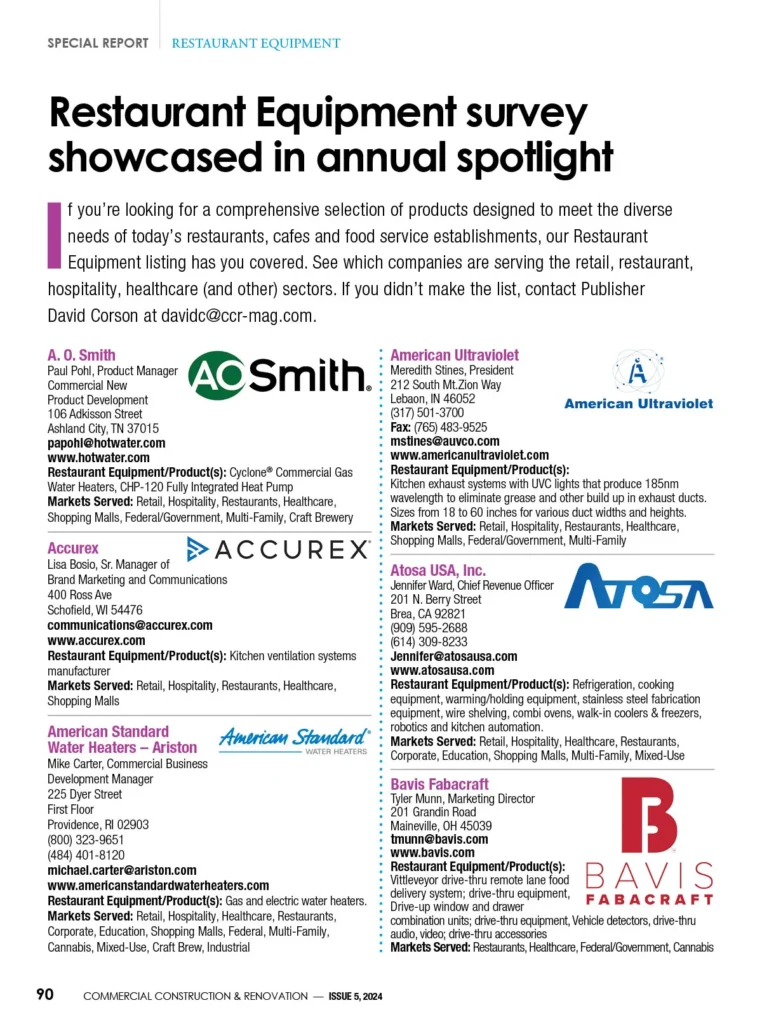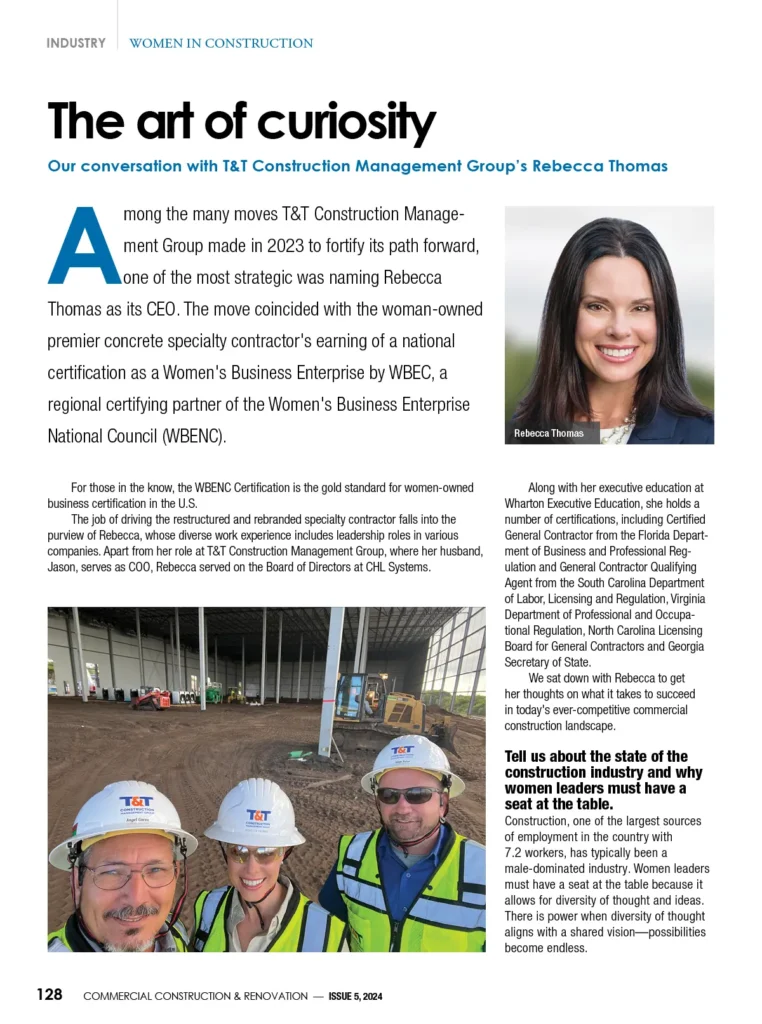Effective and clever supply chain management has become a critical differentiator in today’s fast-paced and highly competitive business environment. It encompasses every step from sourcing raw material to the final delivery. A well-managed supply chain not only enhances efficiency and reduces costs but also boosts customer satisfaction and contributes to a company’s overall success. To stay ahead, businesses must adopt innovative strategies tailored to the modern marketplace. Here’s an in-depth look at how to master supply chain management.
Embrace Digital Transformation
- Adopt Advanced Technologies: Digital transformation is reshaping supply chains worldwide. Incorporating advanced technologies such as AI (artificial intelligence), Internet of Things (IoT), and blockchain can provide unparalleled transparency and efficiency. AI can optimize inventory levels and predict demand more accurately, while IoT devices can track products in real-time, providing data on their condition and location. Blockchain technology ensures secure and transparent transactions, reducing fraud and errors.
- Integrated Systems: Implement integrated software systems to streamline operations. These systems centralize data and processes, facilitating better decision-making and coordination across different departments and partners.
Build Agile and Resilient Supply Chains
- Flexibility and Responsiveness: In an era where market dynamics can change rapidly, supply chains must be agile. Develop flexible processes that can quickly adapt to changes in demand, supply disruptions, or new market opportunities. This involves having versatile manufacturing capabilities and maintaining a flexible workforce.
- Risk Mitigation: Conduct regular and thorough risk assessments to identify potential vulnerabilities in your supply chain. Develop contingency plans and diversify your supplier base to mitigate risks such as political instability, natural disasters, or economic fluctuations. Building strong relationships with multiple suppliers can ensure continuity in case of disruptions. You can undergo a supply chain transformation by seeking help from a specialist consultant.
Foster Collaborative Relationships
- Strategic Partnerships: Collaboration with suppliers, manufacturers, and logistics providers can lead to more innovative and efficient supply chains. Develop strategic partnerships that go beyond transactional relationships, focusing on shared goals and mutual benefits.
- Joint Ventures and Alliances: Engage in joint ventures or alliances to share resources, knowledge, and expertise. This collaborative approach can lead to new product developments, cost reductions, and enhanced market access.
Optimize Inventory and Logistics
- Dynamic Inventory Management: Utilize dynamic inventory management techniques to maintain optimal stock levels. Techniques like just-in-time (JIT) and just-in-case (JIC) should be balanced based on market conditions and risk assessments. Leveraging predictive analytics can help anticipate demand fluctuations and adjust inventory accordingly. · Smart Warehousing: Implement smart warehousing solutions that use automation and robotics to improve accuracy. Automated systems can handle key tasks such as picking, packing, and inventory tracking, reducing human error and increasing throughput.
- Efficient Transportation: Optimize transportation routes and methods to reduce costs and delivery times. Use data analytics to determine the most efficient routes, consolidate shipments, and select the best carriers. Sustainable transportation practices, such as using electric vehicles or optimizing loads to reduce emissions, are increasingly important.
Enhance Customer-Centricity
- Customer Feedback Integration: Integrate customer feedback to ensure that products meet customer expectations. Use this feedback to make continuous improvements in product quality, packaging, and delivery services.
- Customized Solutions: Offer customized supply chain solutions to meet the specific requirements of different customer segments. This could involve tailored logistics services, personalized packaging, or bespoke product features.
Promote Sustainability
- Green Supply Chains: Develop environmentally sustainable supply chain practices. This includes sourcing materials responsibly, reducing waste, and minimizing carbon footprints. Implementing circular economy principles, such as recycling and reusing materials, can also contribute to sustainability.
- Compliance and Standards: Ensure compliance with environmental regulations and industry standards. Regular audits and certifications can help maintain high standards of environmental responsibility and social accountability.
Utilize Data-Driven Decision Making
- Big Data Analytics: Leverage big data analytics to gain insights into every aspect of the supply chain. Analyze data from various sources to identify trends, forecast demand, and optimize operations. Data-driven decision-making leads to more accurate predictions and efficient processes.
- Real-Time Monitoring: Implement real-time monitoring systems to keep track of supply chain activities. This allows for immediate responses to issues and better coordination across the supply chain. Real-time data can also enhance transparency, making it easier to track products and ensure quality.
Conclusion
Mastering supply chain management requires a combination of advanced technology, strategic planning, and collaborative relationships. By embracing digital transformation, building agile and resilient supply chains, optimizing inventory and logistics, enhancing customer-centricity, promoting sustainability, and utilizing data-driven decision-making, businesses can significantly improve their supply chain performance. These innovative strategies will not only reduce costs and increase efficiency but also enhance customer satisfaction and drive long-term business success. In a world where supply chains are becoming increasingly complex, these approaches provide a roadmap for navigating challenges and seizing opportunities in the modern marketplace.






 The 2024 virtual Men’s Round Table will be held Q4, 2024, date TBD.
The 2024 virtual Men’s Round Table will be held Q4, 2024, date TBD.












